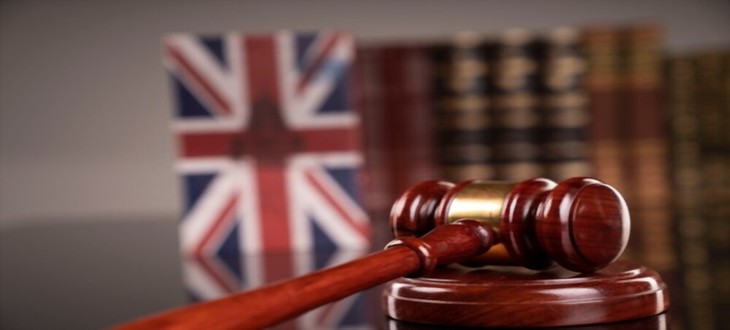An internal report, compiled by the Home Office, has revealed that the department was fully aware of the discriminatory potential of one of the newly proposed UK immigration rules.
Detailing ramifications of the new immigration rule that authorises officials to criminalise and deport migrant rough sleepers, the internal document stated that it may be ‘indirectly’ used to discriminate against racial minorities and other at-risk groups, including differently-abled migrants and Asian women who have survived domestic abuse.
The eight-page internal document called the equality impact assessment report was released to Liberty Investigates under the freedom of information law.
In the assessment, the Home Office accepts that one of the new UK immigration rules – implemented about four months ago – may disproportionately affect vulnerable groups since some of the key factors resulting in homelessness primarily affect people from particular ethnicities.
“The main reason Asian women give for being homeless is because of domestic violence,” states the report.
The controversial rule was one of the many UK immigration rules introduced on 1 December, last year. It made it easier for the authorities to withhold leave to remain from migrants found rough sleeping or rescind it from those who had it already.
Unsurprisingly, the new immigration rule had attracted widespread criticism from councils, charities, and other homeless organisation on the grounds that it unfairly punished and criminalised some of the most vulnerable segments of the society.
It is worth noting that while the aforementioned rule came into effect four months ago, it is still to be invoked. That’s because the immigration officials were directed not to implement it until official instructions explaining its application were released.
Despite Home Office’s insistence that the discrimination is not ‘unlawful’, the policy in question has lambasted by many organisations and activists working for the welfare of immigrants.
According to Pragna Patel, the director of Southall Black Sisters (a non-profit organisation that works closely with women of colour who have survived domestic abuse) the internal document has laid bare the contradictory attitude of authorities towards migrants forced into the streets because of domestic violence.
Patel said that only last month home secretary Priti Patel had listed the government’s domestic abuse bill as one of the initiatives the UK government was taking to safeguard the rights of women.
“In the same breath, they are saying we are going to introduce this measure around rough sleeping, knowing it will affect victims of domestic abuse,” she asserted.
Meanwhile, the equality report also mentions that the discretionary rule will be used on “those who have chosen to refuse support offered and to engage in anti-social behaviour which causes harm to other individuals or to wider society”.
It further mentions that any discrimination on the basis of race, disabilities, or any other metrics is “indirect” and not “automatically unlawful” and that power could be used to achieve “the legitimate aim of protecting the public.”
The report concludes that the new immigration system “guards against discrimination” and allows Home Office officials to take into consideration whether a person’s disability, for example, contributed to their homelessness.
Yet activists and campaigners remain unconvinced. James Tullett, the chief executive of Refugee and Migrant Forum of Essex and London (RAMFEL) said, “The Home Office is widely believed to be institutionally racist.”
“The idea of the Home Office using its discretion feels like a guarantee of discrimination rather than a safeguard,” added Tullett. RAMFEL has also launched a judicial review of the immigration rule that criminalises and deports migrant rough sleepers.
Defending the policy, a Home Office spokesman said, “The equality impact assessment states that this policy does not unlawfully discriminate. Decision-makers are rigorously trained to see where mitigating factors such as disability or race may have played a role in an individual’s situation, taking this into account and offering them support.”
It’s worth mentioning that a significant majority of the UK’s rough sleepers are based in London. Over half of these rough sleepers are estimated to be migrants.
Need Immigration Advice?
Email on info@4alaw.com for help from Jes for your personal situation. Follow 4A Law for more information on UK visas and immigration.






You must be logged in to post a comment.